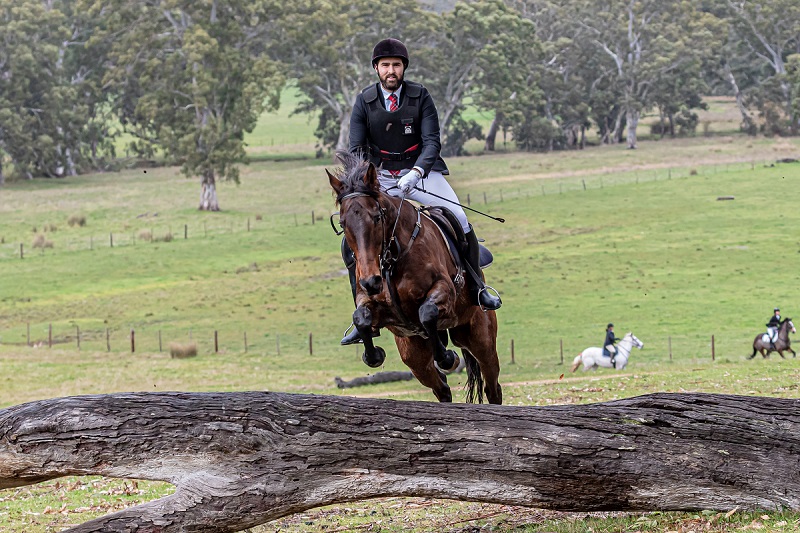
Historian Dr Romain Fathi’s research, which shows that numbers of people attending Anzac Day dawn services are declining, captured national headlines in recent weeks – but the French-born academic has interests that reach far beyond examining war commemorations.
What is your role and what does your work focus on?
I am a Senior Lecturer in History at Flinders University and an affiliated researcher at the Centre d’Histoire de Sciences Po, in Paris. My work focuses on the transnational dimension of war and its aftermath, in both the European and Australian contexts. The First World War, war commemorations and Australian identity are my primary research interests. I also have an interest in the history of public health, the Red Cross movement and the treatment of human remains in conflicts.
I publish in French and in English, and I have taught at several universities including Sciences Po in France, Yale in the United States, and the University of Queensland in Brisbane. I joined Flinders University in 2017 and happily relocated to Adelaide.
My latest book, Our Corner of the Somme, was published with Cambridge University Press in 2019. I am currently investigating the handling of human remains during and after the First World War. I am also one of Resilient Humanitarianism’s (DP190101171) Chief Investigators, an Australian Research Council-funded project (2019-2023).
What journey brought you to this point in your career?
I was born and educated in France, and I grew up in the Yvelines département, west of Paris. As part of my undergraduate degree, I had to complete an exchange program for a year. That’s when I first came to Australia, nearly by chance, as other countries were also available through the program. The idea of being so far away from Paris appealed to me.
While studying in Australia, I bought an old 4WD and toured the entire continent. I crossed it as well. It’s a very big island, a beautiful one too. I discovered its people and fell in love with country. “From the Murray’s green basin to the dusty outback, well, I waltzed my Matilda all over,” says the song.
When I returned to France after the exchange program, I decided to enrol in a double Masters program, at Sciences Po, in Paris. One of these masters was a master by research in History, which provided a wonderful excuse to return to Australia on a couple of occasions as part of my research project. Several years later, the result of this project came out as a book that investigated the representations of the body – living and dead – in French and Australian war museums. After my Masters degrees, I decided to relocate to Australia to pursue a jointly-awarded PhD (The University of Queensland / Sciences Po), awarded in 2015. By then, I was well and truly hooked both to a profession and a new country.
How do you like to relax or spend your spare time?
As a kid, I spent a lot of time at my grandparents’ home in Brittany and to this day I never miss out on an opportunity to return there. It’s a lovely part of France with a special place in my heart. Due to COVID-19, travelling has become harder but hopefully it won’t be too long before we can all travel for leisure and for research, bien sûr! Horse riding – trail-riding, jumping or dressage – is a hobby of mine, and I try to ride as often as I can. Horses are warm, beautiful, soothing creatures whose company I very much enjoy.
- Last week, Romain Fathi published an article in The Conversation on declining attendance numbers at Anzac Day Dawn Services. It was picked up by the Australian Associated Press agency and circulated in dozens of local, regional and national newspapers, including in The Guardian. Romain was also interviewed on several radio shows to discuss his research including ABC Sydney, ABC Adelaide, ABC Newcastle, Radio Adelaide, 2CC Talking Canberra, and 3AW Melbourne among others.

